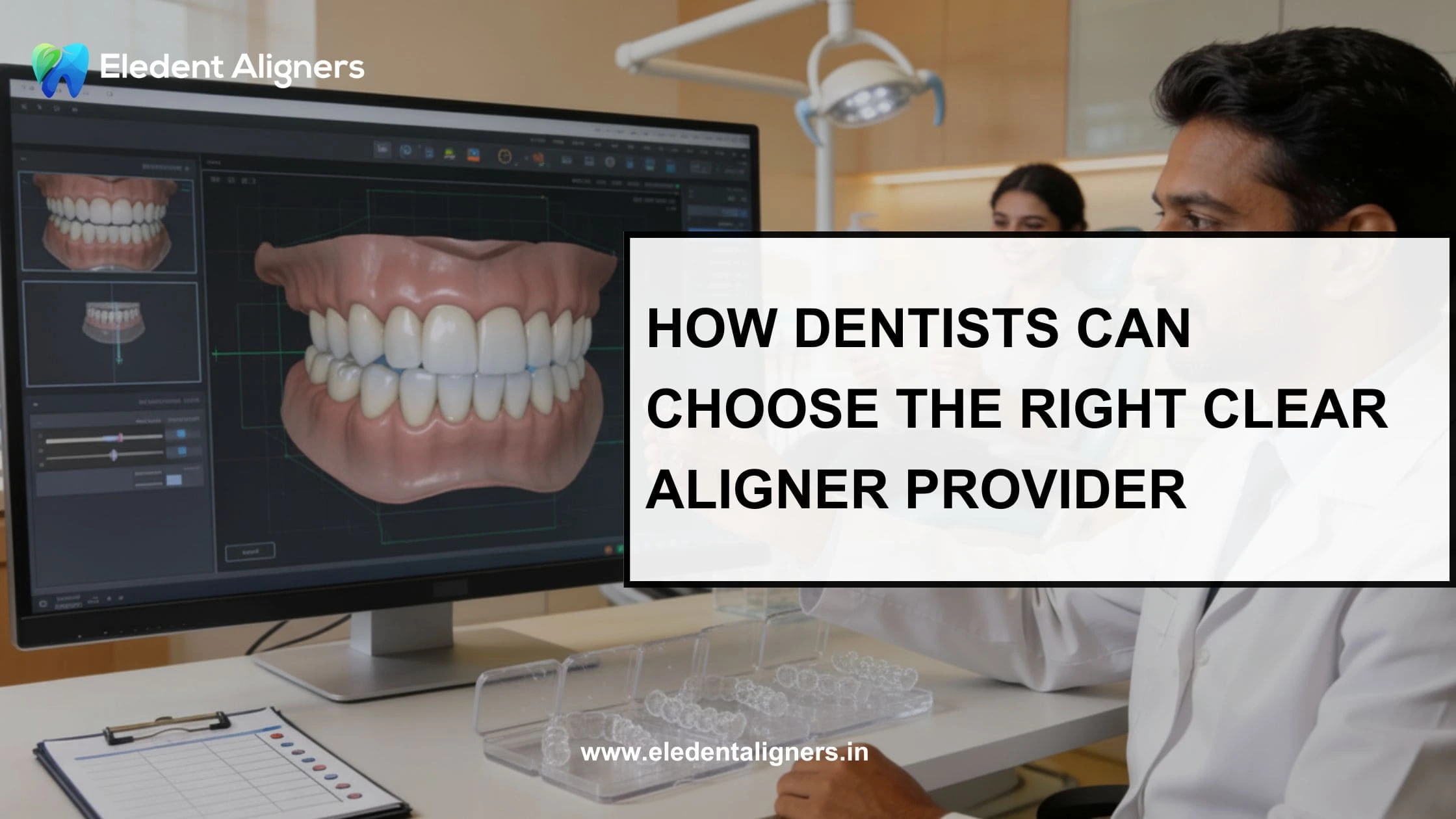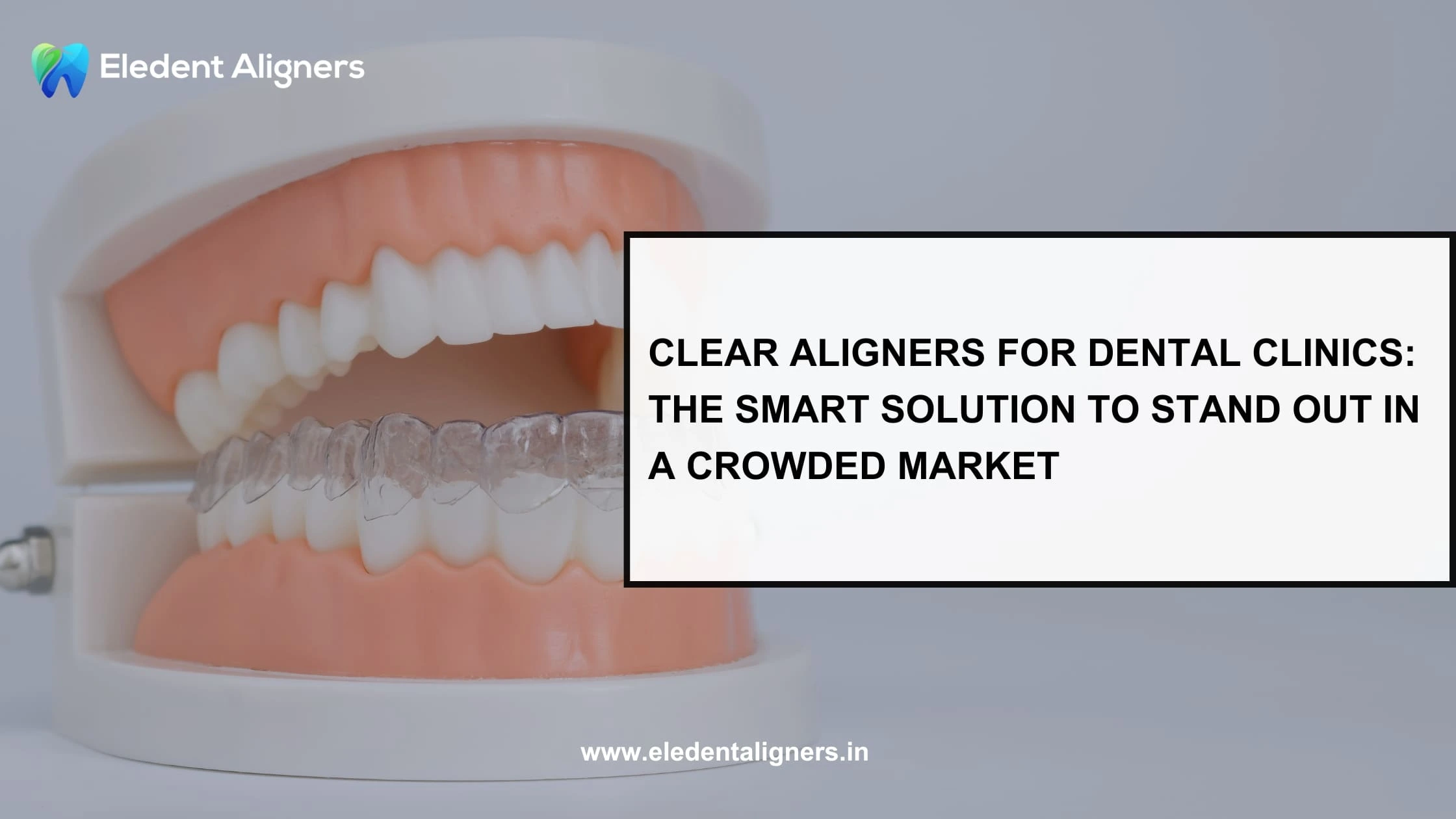There is no doubt you have heard that vitamins and minerals are good for your overall health. But did you know that there are vitamins specifically healthy for your teeth and can enhance your smile?
Healthy teeth respond better to the
orthodontic treatment you are receiving, so be sure you are eating foods that contain the following vitamins and minerals:
Calcium
Having enough calcium in your diet is a major part of having healthy teeth. It is an important vitamin for braces too- it makes sure that your teeth are strong enough to undergo orthodontic treatment, which often involves moving teeth around.
Calcium also protects your teeth from decay and your gums from disease. It is also vital in the healing process for your bones affected by any orthodontic adjustments, and it helps keep your teeth strong. Calcium can be found in:
- Cheese
- Yogurt
- Leafy greens
- Milk
- Almonds
- Beans
Magnesium
Magnesium is essential to the healthy formation of your jaw and gum tissue. Magnesium is recommended by dental orthodontics for helping you grow and keep healthy teeth. It also supports normal muscle function, heartbeat, and keeps your bones strong.
Aside from this, magnesium is used in hundreds of biochemical reactions in your body, not having enough will make you feel tired. You should always be sure that your body has enough of this mineral. Magnesium-rich foods include:
- Leafy greens
- Nuts and seeds
- Fish
- Whole grains
- Bananas
- Dark chocolate
Iron
Iron is a mineral that helps prevent mouth sores and keeps inflammation down in your tongue. It also supports a healthy immune system, regulates body temperature, and gives you energy. Iron keeps your teeth strong. If you suffer from anemia or have low iron, your teeth may suffer after a period. These are foods with a high iron count:
- Spinach
- Broccoli
- Soybeans
- Lentils
- Dark chocolate
- Bran cereals
- Some nuts
Vitamin A
Vitamin A helps your mouth by increasing saliva flow, thus washing away any bacteria. It maintains healthy mouth tissues and mucous membranes as well. This vitamin is great for braces, since it also supports your bone health. Having enough vitamin A allows orthodontists to successfully move your teeth within your jaw without damage.
You can find vitamin A in:
- Eggs
- Spinach
- Broccoli
- Melons
- Sweet potatoes
- Orange fruits/vegetables
- Yellow fruits/vegetables
- Skim Milk
- Bran cereals
Vitamin B2
This vitamin (also known as riboflavin) is typically found in dairy products. It prevents mouth fissures and supports the health of your mouth’s soft tissues. Low vitamin B2 levels can cause secondary burning mouth syndrome, so be sure you have enough in your diet- especially while going through orthodontic treatment.
Vitamin B2-rich foods include:
- Milk
- Beef
- Tofu
- Eggs
- Fish
- Mushrooms
Vitamin C
Vitamin C is essential to preventing bleeding and inflammation in the mouth. This is especially true with braces, as they can irritate areas inside your mouth. Vitamin C also helps heal any mouth wounds that you may have, which can occur during treatment.
Being sure your body is stocked up on vitamin C while wearing braces is important to the healing processes in your mouth. You can find it in these foods:
- Oranges
- Sweet potatoes
- Red and green peppers
- Broccoli and Brussels sprouts
- Spinach and leafy greens
- Tomatoes
- Winter squash
Vitamin D
Vitamin D is what helps your body absorb calcium, without it, the calcium you have been consuming might not be effective. Also, low vitamin D levels may cause you to experience burning mouth syndrome.
A severe vitamin D deficiency can also cause bone loss or increase your chance of bone damage- something you do not want while wearing braces!
The most effective way to get vitamin D is to go outside on a sunny day! You can also find it in these foods:
- Egg yolks
- Cheese
- Yogurt
- Milk
- Fish
Quick Food Tips
Making sure you are eating enough of these vitamins can be a little overwhelming at first. If you are getting braces in Philadelphia,
Orthodontics Limited is willing to help you and answer any questions you have about what you need in your diet to keep your teeth healthy.
Getting your vitamins with braces can be tough- but don’t worry! Everyone loves smoothies, and they have plenty of benefits for orthodontic patients:
- Blend your daily intake of vitamins for convenience
- The coldness can soothe any swelling in your gums
- Easy to drink with braces
Yogurt is another great option. You can add fruit and get your daily vitamins with a dose of calcium. Yogurt contains Probiotics that kill bad bacteria, replacing them with good bacteria, keeping your mouth healthy.
After consuming yogurt or a smoothie, be sure to brush your teeth as they contain sugars. Even natural sugar, such as the kind in fruit, can be damaging to your braces.
Remember, any of the foods listed in this article are full of nutrients and can boost the health of your teeth. For example, adding some more broccoli or leafy greens to your diet can aid your teeth in standing up to the constant pressure they are under.
Not only will this help your teeth, but it will keep you healthier overall.
Child Won’t Eat Veggies!
If you are a parent concerned about your child’s vitamin intake while they are wearing braces, there are some simple steps you can take if they refuse to eat these fruits and vegetables.
If there is something they will not eat, try another food with similar vitamins inside. They may like it more or be curious about it. You can also encourage your child through example. If they see you enjoying and scarfing down broccoli, they will likely do the same.
Summary
Those are all the vitamins that you should have in your diet while wearing braces. Most of them improve the health of your teeth and bones, making them sturdy enough to withstand the pressure of orthodontic treatments.





